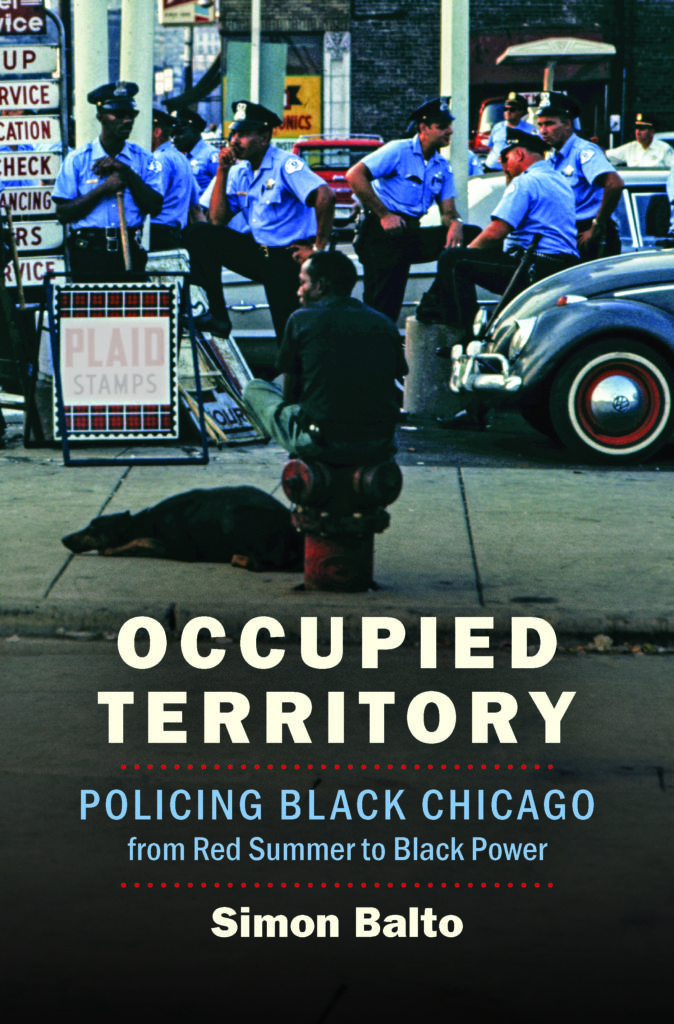OCCUPIED TERRITORY

Although I’ve been bad at promoting it, many of you will know that I published a book last year, entitled Occupied Territory: Policing Black Chicago from Red Summer to Black Power. It recently came out in paperback, and you can support your local independent bookstore by ordering it through them to help weather the current storm. You can also of course get it on Amazon if that’s your thing. It is also (alongside all other University of North Carolina Press books) available for free electronically during the pandemic.
I don’t raise this randomly or for self-promotional purposes, but rather because the African American Intellectual History Society is hosting a week-long roundtable on the book that begins today. One scholar will weigh in each day on the book and I’ll respond to them all on Friday. I’ll post the links throughout the week for those who are interested in following along and seeing how other historians are engaging with my work. I think the forum will offer useful insights into the field of policing and carceral history, especially.
I can’t promise that I’ll be constantly monitoring the LGM comments sections of these posts, but will try to be around and checking in to answer questions that people may have.
Today begins with a post by Dan Berger, whose book Captive Nation: Black Prison Organizing in the Civil Rights Era is truly fantastic. (It is also, incidentally, available for free electronically during the pandemic.)
The periodization of Occupied Territory is one of many things to appreciate about this stellar history. While much of the existing histories of the carceral state have, like me, focused on prisons in the second half of the 20th century, Balto’s book is one of several strong recent studies that shift our focus to both an earlier time period (the 1920s-1950s) and a different institution (the police). This reorientation is clarifying. Much historical scholarship on mass incarceration has documented how federally driven policies like the wars on crime and drugs have filtered down to the state and, eventually, local level. But most policing is primarily local, and metropolitan police departments are not waiting idly for federal handouts. They are aggressively shaping policy — dramatically on city streets but no less impactfully in the chambers of city hall, the statehouse, and Congress. Occupied Territory joins other local police histories (e.g., Max Felker-Kantor’s Policing Los Angeles; Christopher Agee’s The Streets of San Francisco, Carl Suddler’s Presumed Criminal) in documenting how aggressive policing became the norm in the decades before the federal government launched its consequential domestic wars. “Completely independently of these wars, the local-level policing apparatus became thoroughly racialized, profoundly discriminatory, and deeply punitive.” Balto writes. “No larger policies were required to make this happen” (4-5).
Thanks to those who have read the book already. Regardless of whether you have or haven’t, I hope the roundtable is interesting to you.
